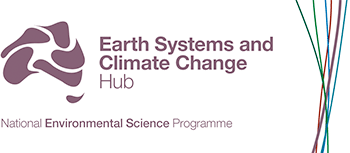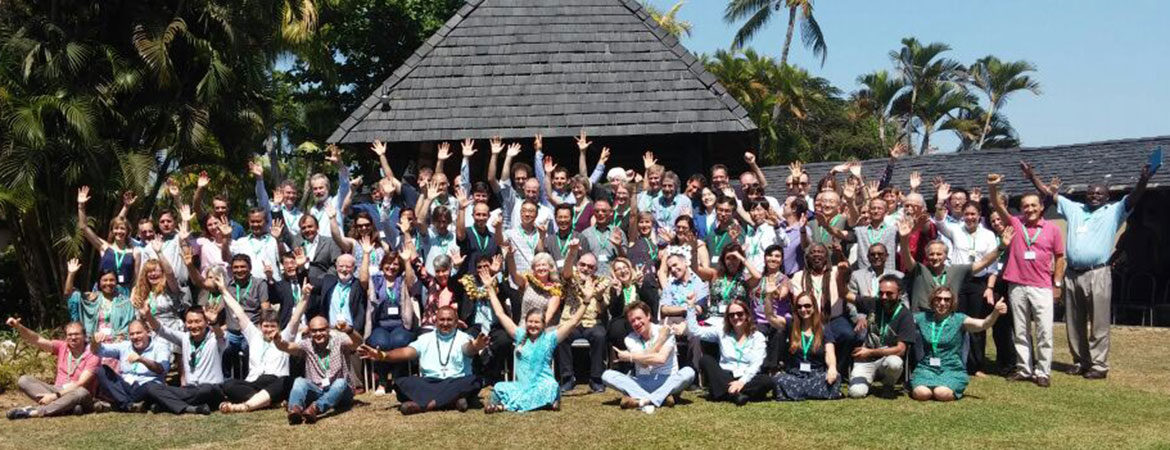23 October 2017
Earlier this month around 100 experts from more than 30 countries – including two ESCC Hub project leaders – met in Fiji to begin drafting the Intergovernmental Panel on Climate Change’s (IPCC) Special Report on the Ocean and Cryosphere in a Changing Climate. This report, due to be released in September 2019, is one of three special reports currently being prepared by the IPCC that will feed into its sixth assessment report, which is due in 2021.
Assessing the latest science
The special report will draw on the work of hundreds of scientists from around the world, assessing the latest science on high mountain areas (glaciers, permafrost and snow), polar regions, sea-level rise, ocean changes, extremes and managing risks. to support decision making.
There are 86 coordinating lead authors and lead authors preparing the report chapters, and 15 review editors, who ensure that comments made on report drafts are duly considered. Prof. Nathan Bindoff, deputy leader of Project 2.4: Changing oceans and Australia’s future climate, is a coordinating lead author on Chapter 5 of the report, covering the changing ocean, marine ecosystems and dependent communities. Dr Kathy McInnes, who leads Project 2.10: Coastal hazards in a variable and changing climate, is a lead author on Chapter 6, which looks at extremes, abrupt changes and managing risks. Nathan and Kathy were selected from 569 nominations from 57 countries to work on the report.
Outreach
As well as being the first time the authors and review editors gathered to discuss the development of the special report, the meeting in Fiji provided an opportunity for two important outreach events at the University of Fiji in Lautoka and the University of the South Pacific in Suva.
Nathan participated in these events, which not only covered oceans and climate change but also presented findings from the IPCC fifth assessment report that were relevant to Fiji. Around 350 people attended these events, with many more watching online.
Policy-relevant science
IPCC reports provide policymakers with credible scientific evidence to use in the development of climate policies. The volume of work assessed, the expertise of the authors and reviewers, and the transparency of the writing and review process mean that policymakers can be confident using the reports as a sound basis for decision making.
Contributing to the IPCC assessment and reporting process, both through our science and supporting our researchers as report authors, is one way the ESCC Hub fulfils its role to ensure that Australia’s policies and management decisions are effectively informed by Earth systems and climate change science, now and into the future.

